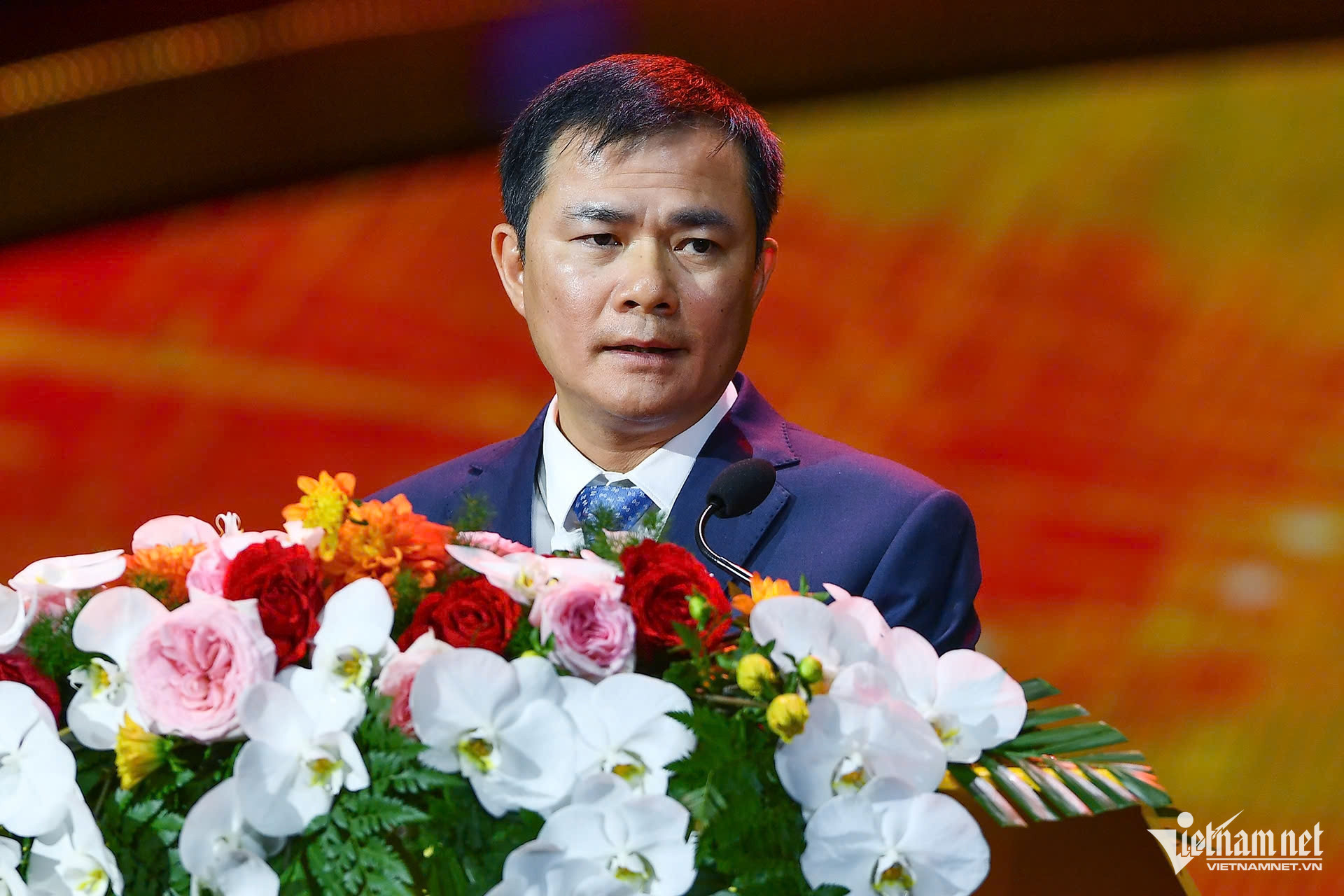
Viettel Chairman Tao Duc Thang has called for special mechanisms to encourage state-owned enterprises to invest boldly in high-risk research and development (R&D) initiatives. Such efforts, he argued, could lead to breakthroughs in strategic industries and strengthen Vietnam’s technological independence.
Speaking at the 6th National Forum on Vietnam’s Digital Technology Enterprises on January 15, 2025, Thang outlined Viettel’s vision to achieve technological self-reliance.
From its early days as a telecommunications service provider, Viettel recognized the need to master the research, design, and production of its own infrastructure.
This strategy, initiated in the early 2010s, enabled Viettel to ensure the security of its information systems, meet infrastructure deployment timelines, and reduce reliance on external suppliers. It also allowed the company to export high-tech products to markets where it operates, contributing to Vietnam’s position in the global technology value chain.
“Mastering technology is critical for safeguarding data security, responding effectively to emergencies, and commercializing high-tech products,” Thang stated.
Advancing 5G and beyond
Thang highlighted Viettel’s achievements in developing 5G technology, which the company began researching in 2018. Today, Viettel fully controls the 5G ecosystem, from core network equipment to end-user devices, with products comparable to those of leading global providers.
Viettel’s 5G solutions are deployed in its investment markets, such as India and the UAE, and have also been integrated into academic institutions, including Hanoi University of Science and Technology and the Posts and Telecommunications Institute of Technology.
Looking ahead, Viettel plans to advance 5G technology and explore 6G under the guidance of the Ministry of Information and Communications.
“5G Advanced will enhance speed and expand applications in fields like industrial automation and augmented reality,” Thang explained.
Proposals for strategic breakthroughs
Thang outlined three key proposals to drive innovation and growth in Vietnam’s technology sector:
Establishing venture capital funds: Thang emphasized the need for a venture capital framework to support high-risk, high-reward R&D projects. He argued that Nghị quyết 57’s call for creative, flexible approaches - including accepting risks and delays in scientific research - should translate into actionable policies that enable state-owned enterprises to pioneer innovative technologies and business models.
Creating strategic industrial development funds: Viettel proposed forming a fund to focus on foundational technologies, such as semiconductors, low-Earth orbit satellites, and dual-use defense technologies. Thang stressed the importance of avoiding fragmented investments to ensure optimal resource allocation and impactful outcomes.
Promoting "Make in Vietnam" products: Thang urged the government to prioritize domestically produced high-tech products through procurement incentives. While Vietnamese companies produce high-quality technologies comparable to global counterparts, their smaller market scale and cost disadvantages hinder competitiveness. Policies encouraging the use of local products would stimulate domestic innovation and production.
Thang reiterated that Viettel’s R&D efforts have positioned Vietnam as a credible player in the global tech arena. Initiatives like the proposed investment funds and "Make in Vietnam" incentives would further strengthen Vietnam’s industrial base and ensure the country’s self-reliance in strategic industries.
“Now is the time for Vietnam to lead in foundational technologies, from telecommunications to defense and beyond,” Thang concluded.
Thai Khang